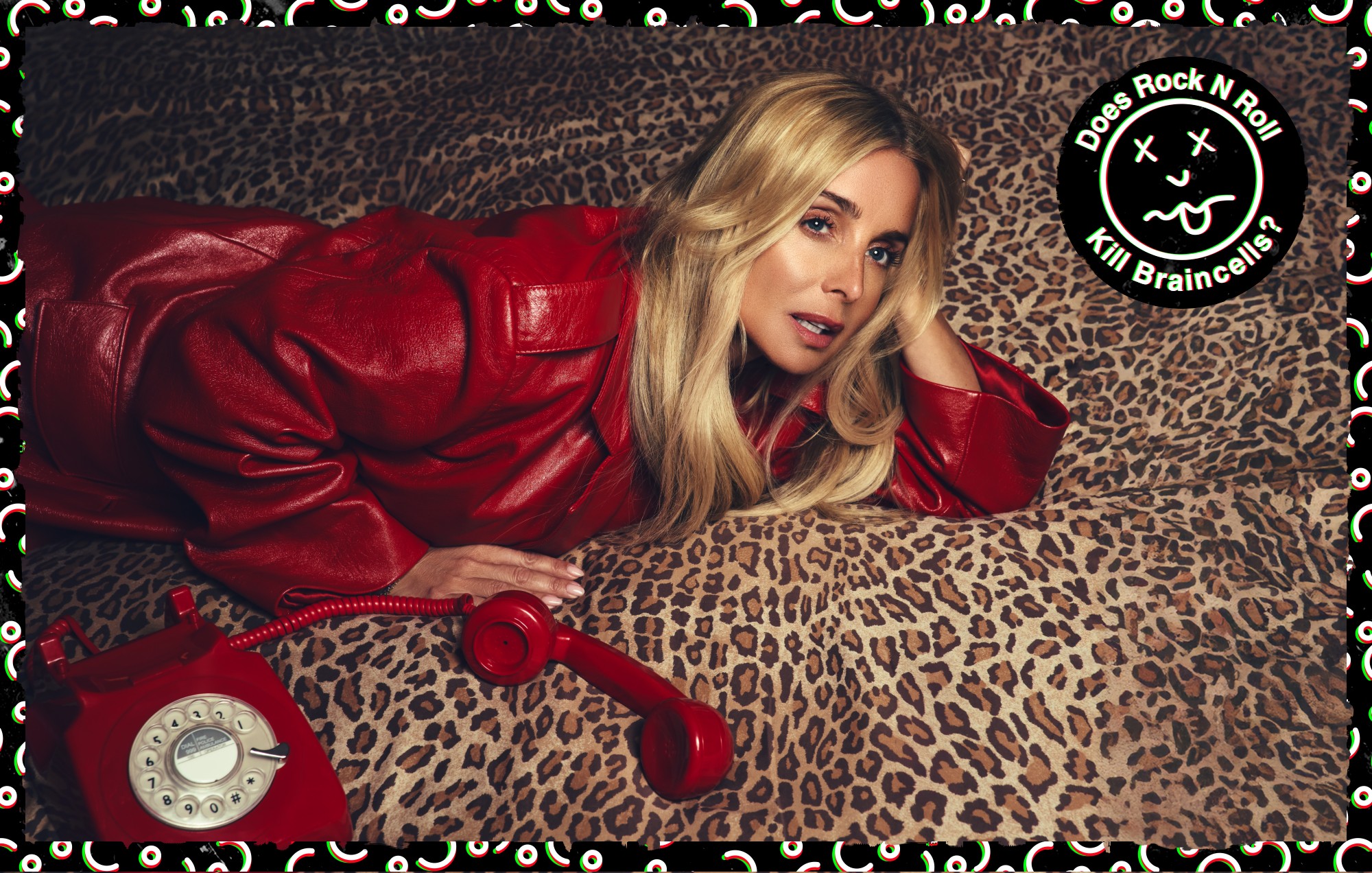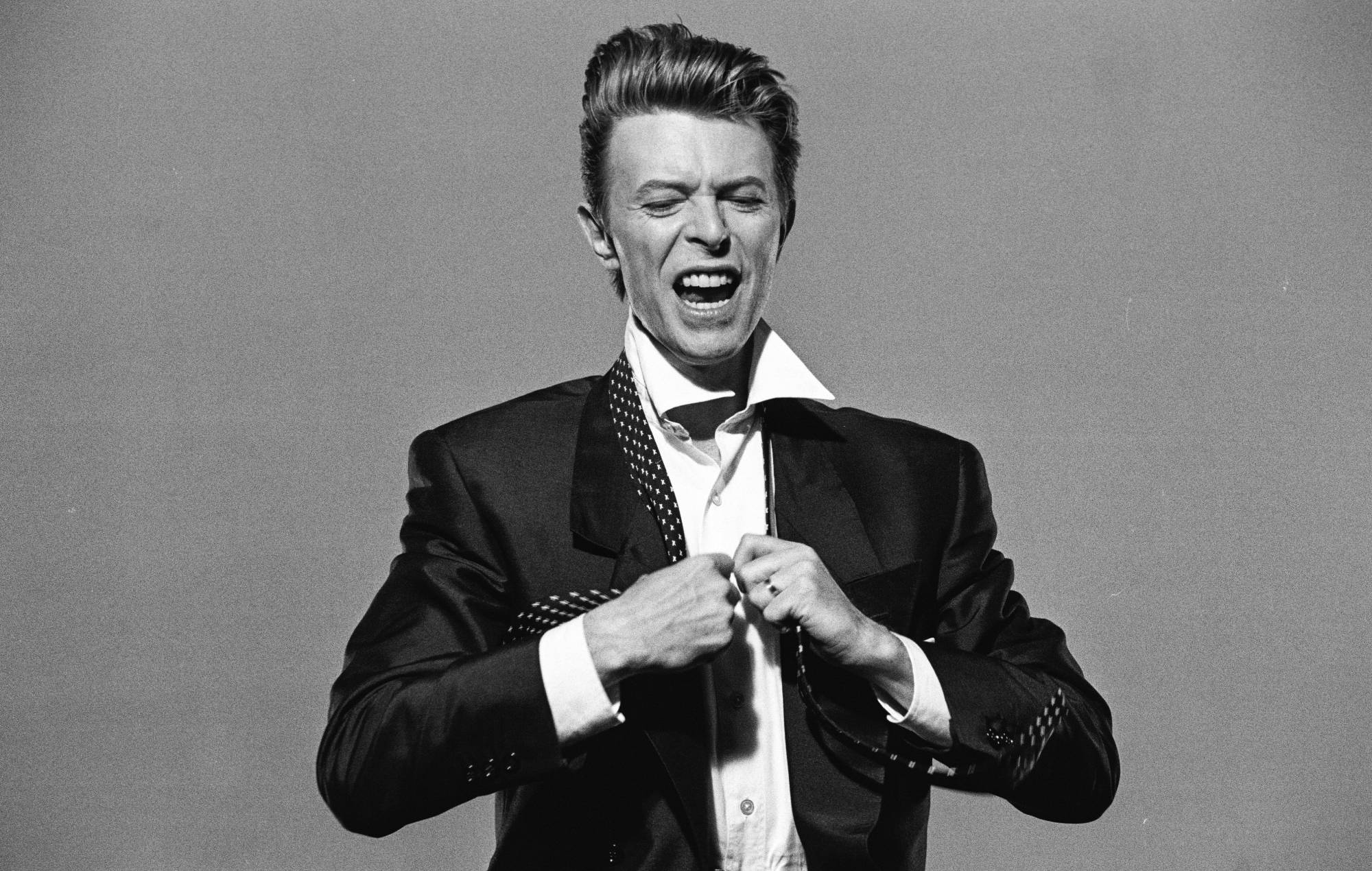Img C/O DJ MELL G
DJ MELL G’s latest single, HEY MR. DJ, is the kind of track that’s going to turn heads and probably spark a few conversations. Her approach to electronic music feels direct and unapologetic, with each track carrying her “zero-f**ks-given” edge that makes her style unmistakable. Drawing inspiration from names like Helena Hauff and LUZ1E, MELL G has built a sound rooted in fast, raw fader cuts and a fearless mixing style. In this latest release, she’s speaking to women in the music industry, asserting that they’re here on their terms—and they don’t need anyone’s approval.
In our interview, MELL G digs into the importance of carving out a personal identity in electronic music, especially for women navigating an industry still rife with gender bias. She talks about resisting the urge to follow trends, explaining how staying authentic has been key in her journey. There’s a point here about integrity in an industry that sometimes pushes for conformity—she’s all about exploring what resonates with her rather than what’s hot on the charts.
MELL G’s approach is all about setting a tone that feels real and unfiltered. As she puts it, finding her own style hasn’t just been about the music—it’s about creating space for a more diverse, honest electronic scene.
Listen to HEY MR. DJ on Headroom Records
Who are the female artists or influences that most shaped your style early on?
Its definitely Helena Hauff, Nite Fleit, LUZ1E, Imogen and Salome.
What’s the one sound or technique that you feel defines your signature style as a woman in the electronic music scene?
People often say I have a “zero-fucks-given” attitude. I love moving between electro and techno, relying heavily on fast, aggressive fader cuts. My impulsive nature comes through in my mixing style, bringing raw, unfiltered energy to every set.
Why do you think it’s important for female artists to focus on developing their own sound rather than following trends?
It’s crucial for female artists—and really for any artist—to develop their own unique sound because it allows them to carve out a personal identity in a highly competitive industry. When an artist focuses on creating something true to themselves, it fosters a deeper connection with their audience – and themselves whats the most important thing.
Developing an individual sound is also empowering to stand as trendsetters rather than followers.
In a field where gender biases still exist, creating a unique sonic identity can help break down these biases, establishing the artist as a force on their own terms and encouraging more diversity and innovation across genres.
Why do you think some female artists get stuck in a particular sound, and how do you keep pushing the boundaries of your own music?
I’ve experienced it myself and see it all the time: once you get comfortable with a sound that’s trending and see that it works, it’s easy to stick with it—mainly out of fear that trying something new might not succeed. Playing it safe feels like a guarantee, but it ultimately holds back growth and, more importantly, the refinement of your own sound. I’ve sometimes stuck with the same set for months, just because I knew it would work, until I got tired of it and started feeling uncertain.
The audience picks up on that too, and suddenly, what once worked just doesn’t resonate anymore. Personally, I get bored quickly and need fresh challenges—new music to experiment with in the club. Since I don’t have a DJ setup at home, my “practice” happens live, in the moment. It’s actually ideal, as the immediate feedback shapes my set in real time.
What’s one piece of advice you’d give to a female artist who’s struggling to find her unique sound?
To be honest I don’t like giving general advises because we are all different and unique and need to find our own way how to deal with things – especially in creative progresses. But one thing Id like to say is that you should search for YOUR unique sound and focus on what excites *YOU* rather than what you thinks will please others.
Explore genres, techniques, and ideas that resonate deeply, even if they seem unconventional or don’t fit with current trends. Often, your unique sound starts to form when you combine the influences and sounds that inspire you most with your own creative instincts.
Trust yourself and your taste, and don’t be afraid to take risks or make mistakes because we all do them – but we can learn from them.
In your opinion, what makes a female artist’s music stand out in today’s crowded electronic music industry?
In today’s packed electronic music scene, a female artist’s music stands out when it carries a distinct sense of personality, innovation, and emotional depth.
We are always told that women are so emotional or react over blah blah blah. Let’s use that and put all these emotions into our music haha!
Why do you think some female artists become trendsetters while others end up following trends?
Artists who focus on following trends often do so because it feels safer and more reliable in a competitive industry. And I can relate – we’ve all been there because sometimes you just feel insecure and not good enough because of this male dominated industry.
People sometimes tell us: “Wow, didn’t even know that you’re such a good DJ” – Man, just because im a women? So what I want to say is that sticking to what’s already popular can offer a sense of security.
Which is good but this approach can limit creative growth, as chasing trends typically involves adapting to outside expectations rather than cultivating a unique style.
What do you think is missing for women in the electronic music industry right now?
The electronic music industry currently lacks adequate representation, supportive networks, diverse voices, equal opportunities, and recognition for women, which hinders their growth and impact in the scene. I think we are on a good way and I see more women on line ups, flinta collectives and more but it takes more to create an equality that can last.
What’s one thing you wish people knew about the unique challenges female producers face today?
I think we often struggle not only with gender bias, but also with a lack of access to resources and mentors, making it difficult to navigate a male-dominated industry while developing a unique sound.
The post DJ MELL G’s Advice to Women in Electronic Music? Find Your Own Sound, Forget the Trends appeared first on Magnetic Magazine.



